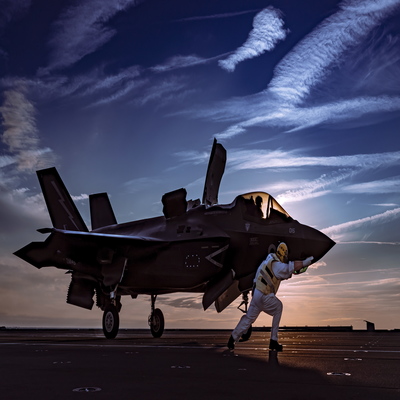This is a two week course: the first week will cover the fundamentals of the performance of the military vehicle, while the second week will provide a deeper understanding to enable students to undertake critical evaluation and assessment of the vehicle. The key topics are vehicle powertrain design, performance and off-road capability in the military environment.
At a glance
-
- Dates
-
- Please enquire for course dates
- Duration5 days
- LocationNSWC Crane, Indiana, USA
-
Cost
What you will learn
To gain an insight into the key debates within the topic of military vehicle design, performance powertrain design and off-road capability. This should assist in setting out requirements or specifications for the vehicle system.
Core content
Week 1: This course introduces the vehicle systems that provide its propulsion and is designed to compliments the Military Vehicle Dynamics Module. All aspects of the powertrain are covered, as are the various performance attributes it influences. This provides a comprehensive study at a level which is readily assimilated by those with a background in science or engineering. The first week of the course covers the following subjects:
- terramechanics - types of soil, vehicle - ground interaction,
- drivelines - wheeled vehicles, gearboxes - manual, automatic, variable and automated manual ('DSG/ASG'),
- tracked vehicle transmissions,
- engines for military vehicles,
- vehicle performance.
The students will receive a series of lectures, supported by examples and tutorials. There will also be an opportunity to discuss and investigate the vehicle examples and hardware held within the equipment halls at the college.
Week 2: This week continues the discussion on the powertrain of the vehicle and also allows students to analyse the impact of design changes on the final performance. The subjects covered, which build on week one include:
- vehicle performance prediction,
- terrain accessibility and cross country performance,
- gear ratio and transmission matching, launch performance, clutches and torque converters,
- hybrid technologies for military vehicles,
- vehicle simulation,
- design trade-offs.
The approach taken to the work during this second week is more 'hands-on' for the students and the timetable includes a number of case studies and exercises to reinforce the teaching material.
Upgrade to a professional qualification
Who should attend
Speakers
- Dr David Purdy
- Mr Dave Simner
Location and travel
Read our Professional development (CPD) booking conditions.
